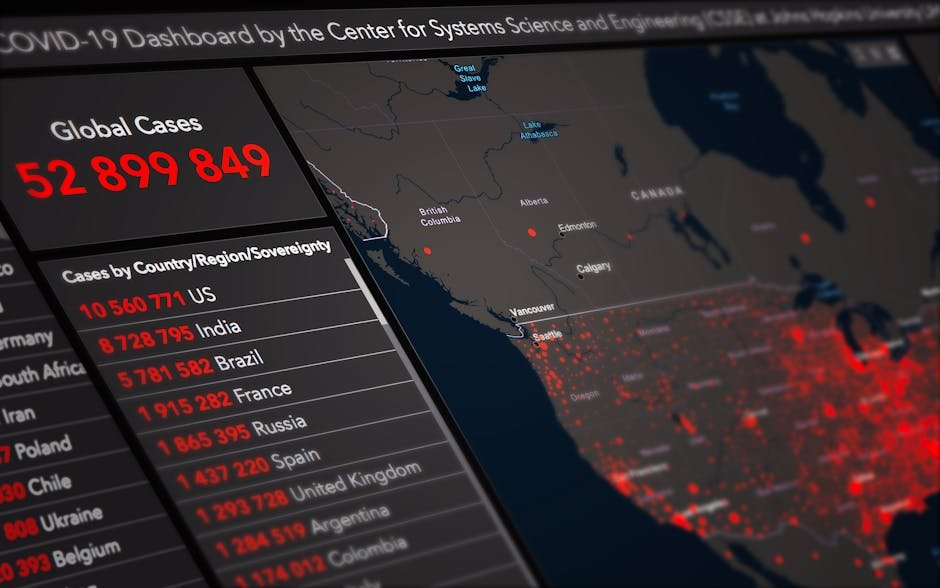Indian Digital Nomads Embrace Global Work: A Surge in Visa Options in 2025
A significant increase in global opportunities for Indian digital nomads is evident in 2025, driven by the growing number of countries offering specialized visas. At least ten nations—Portugal, Spain, Croatia, Greece, Estonia, Mauritius, Georgia, Dubai, Barbados, and Costa Rica—now actively cater to this burgeoning demographic, offering streamlined pathways for remote workers. This trend reflects a broader shift in global work patterns and immigration policies.
The Allure of Digital Nomad Visas: A 2025 Perspective
The appeal of digital nomad visas stems from their flexibility and potential benefits for both individuals and host countries. These visas often allow extended stays, facilitating a better work-life balance and access to diverse cultural experiences. Furthermore, the influx of skilled remote workers contributes to the economic growth of host nations through increased spending and potentially higher tax revenues. For Indian citizens, these options represent a chance to escape domestic economic pressures and explore international career paths.
Economic Drivers and Demographic Shifts
Several key economic factors drive this trend. The rise of remote work technologies, post-pandemic work flexibility, and a growing desire for lifestyle changes have all fueled the demand for such visas. Among Indian citizens, a highly skilled workforce, coupled with a young and increasingly tech-savvy population, represents a substantial pool of potential digital nomads. This creates a significant competitive advantage for nations offering attractive visa programs.
A Geographic Overview of Popular Destinations
Portugal, a long-time favorite for remote workers, continues its strong appeal in 2025. Its relatively low cost of living, coupled with a vibrant culture, has attracted numerous Indian digital nomads. Spain and Greece, with their Mediterranean charm and established tourism infrastructure, are also popular destinations. Estonia, known for its tech-savviness and digital infrastructure, presents a different allure, appealing to those seeking a modern and efficient environment. The more exotic locations like Mauritius, Barbados, and Costa Rica offer alternative lifestyles to those seeking warmer climates and different cultural experiences. Georgia and Dubai, on the other hand, present a unique blend of business opportunities and tourism.
Visa Requirements and Application Processes: Navigating the Nuances
While the general concept of digital nomad visas is similar across these countries, the specific requirements and application processes vary significantly. Some nations emphasize language proficiency, while others focus on financial solvency and proof of remote work. The duration of visas, processing times, and associated fees also differ. This necessitates a thorough understanding of the individual requirements for each country before applying. A lack of clear information and inconsistent application processes remain significant challenges for potential applicants.
Key Differences in Visa Requirements: A 2025 Summary
- Portugal: Requires proof of sufficient income and health insurance.
- Spain: Emphasis on demonstrating remote work capabilities and financial stability.
- Greece: Relatively straightforward application process, focusing on financial means.
- Estonia: Stringent requirements, focusing on digital skills and financial stability.
- Mauritius: Focuses on long-term financial security and a clean criminal record.
- Georgia: Simplified process with a focus on income verification.
- Dubai: Requires a substantial financial investment.
- Barbados: Focuses on high-value individuals and financial solvency.
- Costa Rica: Clear requirements, emphasizing financial security.
- Croatia: A more recent entrant, streamlining the process for remote workers.
The Long-Term Impact and Future Trends
The rising popularity of digital nomad visas has significant long-term implications for both India and the host nations. For India, this trend could potentially alleviate unemployment, boost remittances, and contribute to skills development. However, it also presents challenges, including potential brain drain and the need for robust support systems for Indian citizens working abroad. For host nations, the influx of skilled workers can boost their economies but also raises concerns regarding infrastructure, housing affordability, and potential social integration issues.
Predicting Future Developments
- Increased competition among countries to attract digital nomads.
- Standardization of visa requirements and application processes across nations.
- Growth of specialized services catering to digital nomads.
- Potential for regional cooperation to streamline immigration policies.
- Greater focus on sustainability and responsible tourism in attracting digital nomads.
Conclusion: A Global Shift in Work and Migration
The surge in digital nomad visa options for Indian citizens in 2025 marks a pivotal moment in the evolving landscape of global work and migration. While the opportunities are significant, the challenges require proactive responses from both Indian authorities and the host countries. The long-term success of these programs hinges on the ability to address issues related to sustainable development, social integration, and economic diversification. The coming years will be crucial in determining the long-term impact of this trend on both individual lives and national economies.







